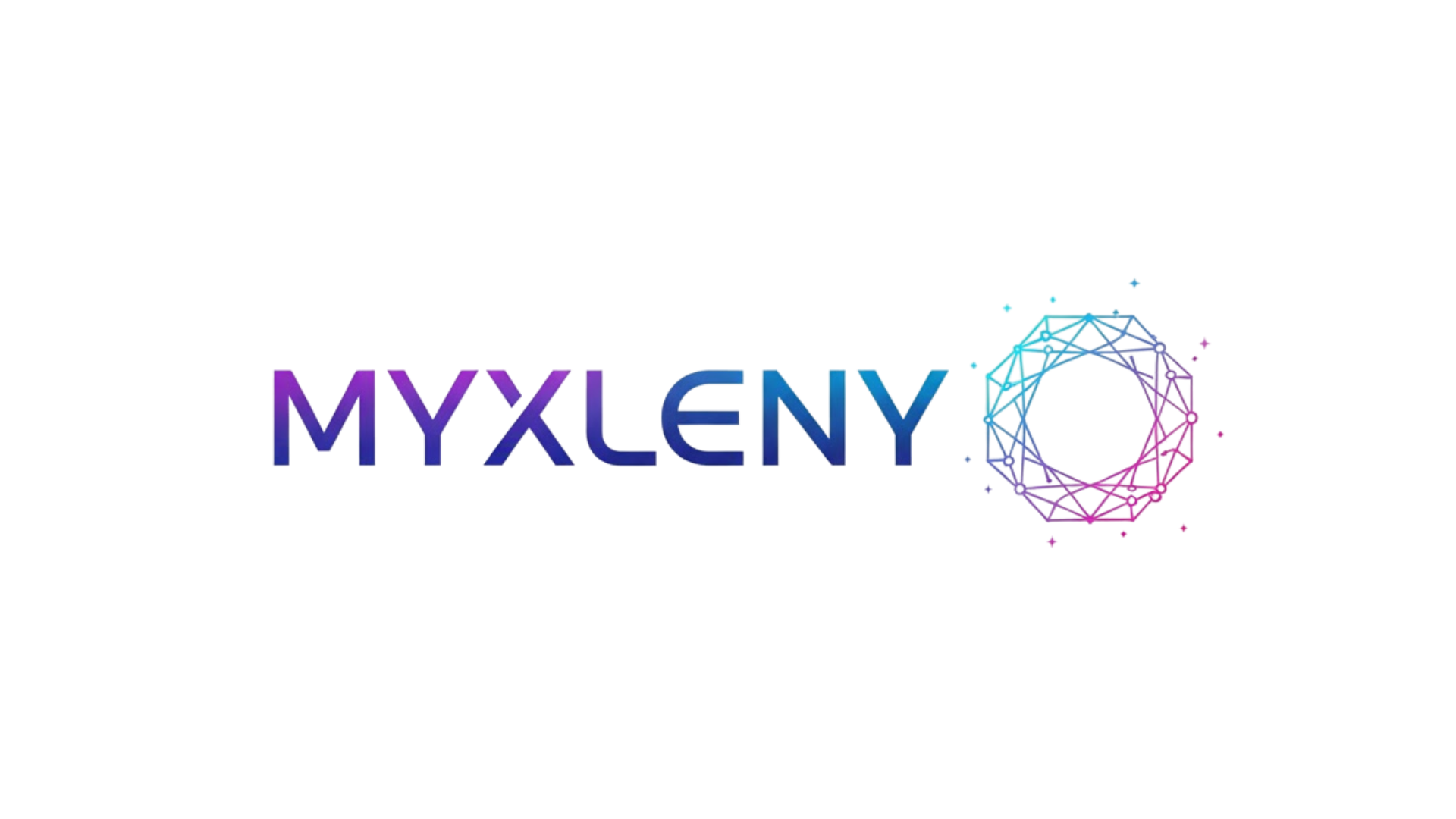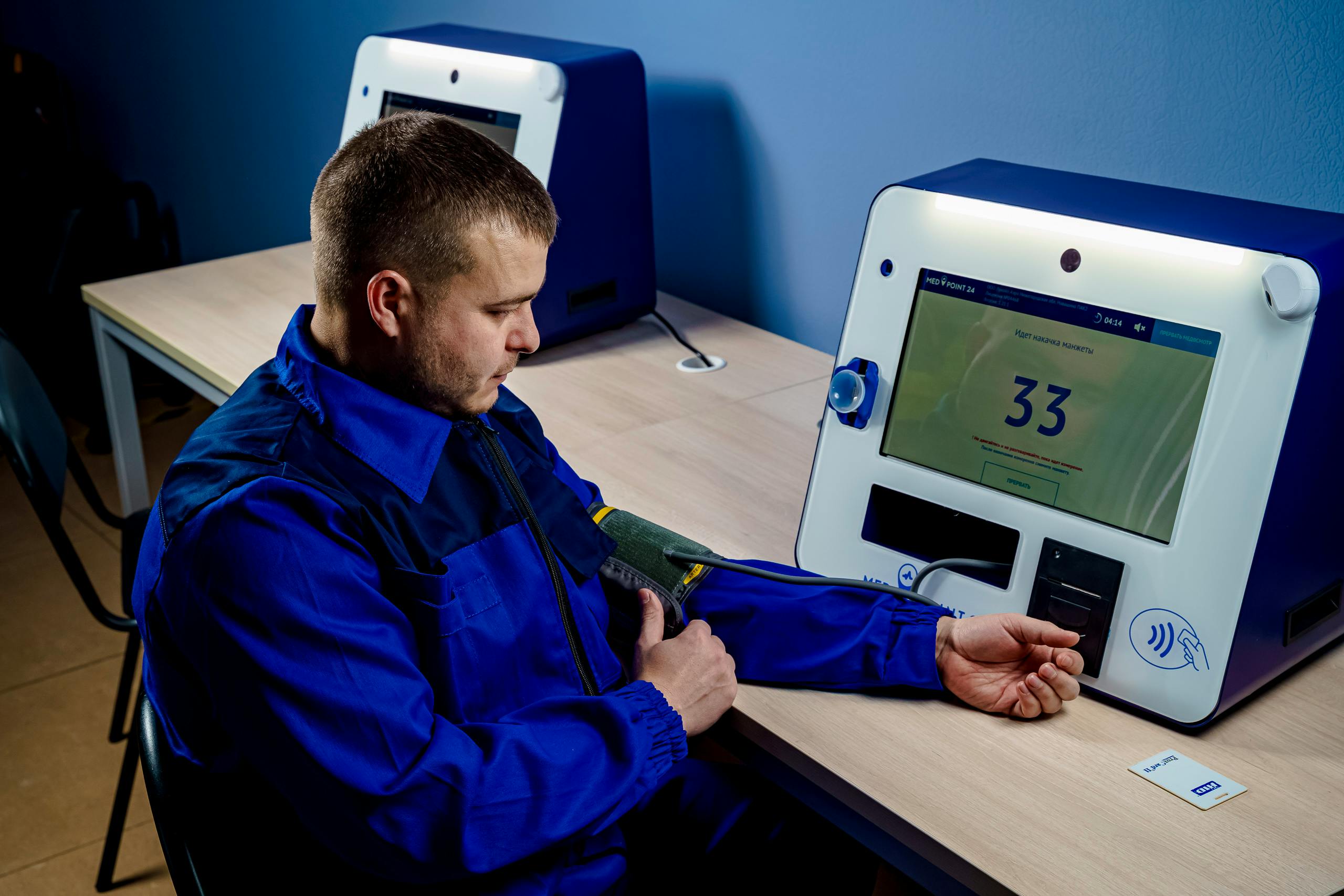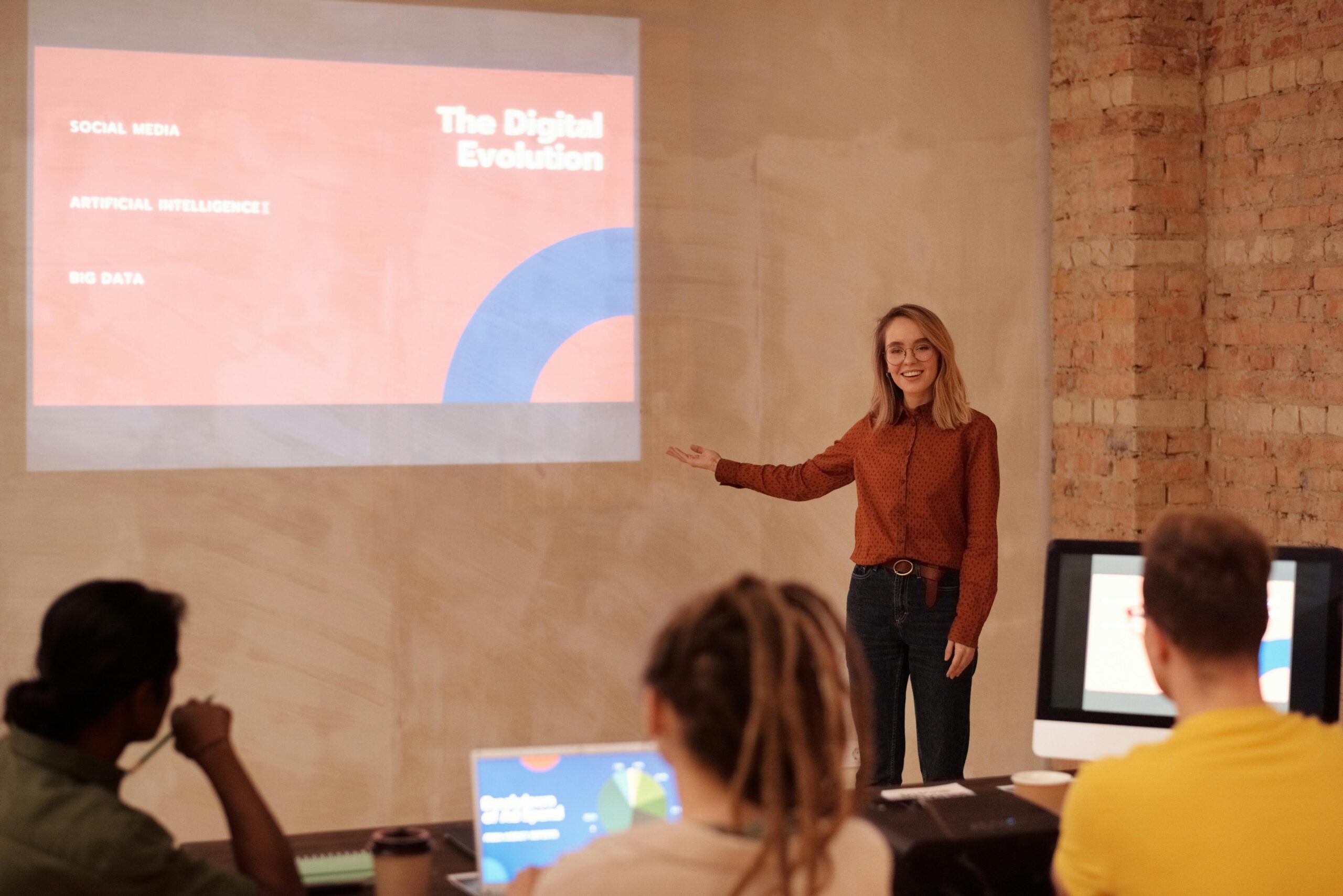Blockchain technology is transforming how organizations verify employment history, credentials, and professional achievements, creating unprecedented levels of transparency and efficiency in modern workplaces.
🔐 Understanding the Revolution in Work Verification
Traditional employment verification processes are plagued with inefficiencies, delays, and trust issues. HR departments spend countless hours calling previous employers, verifying degrees with educational institutions, and cross-checking professional certifications. This antiquated system costs businesses billions annually while creating frustrating experiences for both employers and job seekers.
Blockchain technology offers a groundbreaking solution to these challenges. By creating immutable, transparent, and instantly verifiable digital records, blockchain eliminates the need for intermediaries and establishes a single source of truth that all parties can trust. The technology’s distributed ledger system ensures that once information is recorded, it cannot be altered or falsified, providing unprecedented security and reliability.
The global employment verification market is experiencing rapid transformation as organizations recognize blockchain’s potential. Companies are no longer satisfied with outdated methods that leave them vulnerable to resume fraud, which studies suggest affects up to 85% of applications in some form. Blockchain-based verification systems are emerging as the definitive answer to these persistent problems.
💼 The Current Crisis in Traditional Verification Methods
Employment verification today relies heavily on manual processes that are time-consuming, expensive, and error-prone. When a company needs to verify a candidate’s work history, they typically contact previous employers directly, which can take days or even weeks to complete. Many organizations have dedicated staff members whose sole responsibility is managing these verification requests.
The educational credential verification process presents similar challenges. Universities and colleges receive thousands of verification requests annually, each requiring manual processing by administrative staff. This creates bottlenecks that delay hiring decisions and increase operational costs for both educational institutions and employers.
Resume fraud has become increasingly sophisticated, with candidates fabricating employment dates, inflating job titles, and even creating entirely fictional work histories. Background check companies attempt to catch these discrepancies, but their methods remain limited by the fragmented nature of employment records and the lack of standardized verification protocols across industries.
The Hidden Costs of Verification Delays
Beyond the obvious time and resource investments, delayed verification processes carry hidden costs that significantly impact business operations. Critical positions remain unfilled longer than necessary, reducing organizational productivity and potentially affecting revenue generation. The extended hiring timeline also increases the risk of losing qualified candidates to competitors who move more quickly through their recruitment processes.
Companies operating in regulated industries face additional complications. Financial services, healthcare, and government contractors must meet stringent compliance requirements that demand thorough background checks and credential verification. These enhanced verification procedures can extend the hiring process by several weeks, creating competitive disadvantages in talent acquisition.
⛓️ How Blockchain Technology Transforms Verification
Blockchain creates a decentralized, tamper-proof database where employment records, educational credentials, and professional certifications are stored as encrypted digital assets. Each record receives a unique cryptographic signature that verifies its authenticity and prevents unauthorized modifications. This fundamental shift moves verification from a trust-based system dependent on intermediaries to a transparent, instantly verifiable technological framework.
When an employer adds an employment record to the blockchain, it becomes a permanent, unchangeable entry in the distributed ledger. The employee receives cryptographic keys that grant them ownership and control over this information. When applying for new positions, candidates can share their verified credentials instantly, allowing potential employers to confirm authenticity in seconds rather than days.
The technology operates through smart contracts—self-executing agreements with verification rules written directly into code. These automated protocols eliminate manual intervention, reducing processing time from weeks to minutes while simultaneously lowering costs and eliminating human error. Smart contracts can automatically trigger verification processes, notify relevant parties, and update records without requiring constant human oversight.
Creating Immutable Professional Identities
Blockchain enables professionals to build comprehensive digital portfolios containing verified work history, educational achievements, professional certifications, skill assessments, and performance evaluations. This decentralized professional identity follows individuals throughout their careers, accumulating verified credentials that tell a complete, trustworthy story of their professional journey.
Unlike traditional resumes that candidates can edit freely, blockchain-based professional profiles contain only information verified and added by authorized parties. Employers can instantly distinguish between self-reported claims and verified credentials, dramatically improving the quality of candidate assessments and hiring decisions.
🚀 Streamlining Processes Across Organizations
Organizations implementing blockchain-based verification systems report dramatic improvements in operational efficiency. HR departments redirect resources previously dedicated to verification toward more strategic activities like candidate engagement and employee development. The technology’s automation capabilities eliminate repetitive manual tasks, allowing human resources professionals to focus on higher-value responsibilities.
The onboarding process transforms completely with blockchain verification. New hires can complete background checks and credential verification before their start date, allowing them to become productive immediately. This acceleration creates positive first impressions and demonstrates organizational sophistication to new team members.
International hiring, traditionally complicated by cross-border verification challenges, becomes remarkably simpler. Blockchain systems operate globally, making credential verification equally efficient whether a candidate worked in New York, New Delhi, or Nairobi. This global accessibility opens new talent pools and enables truly borderless workforce development.
Reducing Administrative Burden
Educational institutions benefit substantially from blockchain adoption. Instead of processing thousands of individual verification requests, they can issue digital diplomas and transcripts directly to the blockchain. These credentials become instantly verifiable by any employer worldwide, eliminating recurring verification workload while providing better service to alumni.
Professional certification bodies experience similar advantages. By issuing certificates to the blockchain, they create easily verifiable credentials that reduce fraudulent claims and protect the value of their certifications. Continuing education credits, license renewals, and specialized training completions all become part of an automatically maintained, instantly accessible professional record.
🛡️ Building Unprecedented Trust and Security
Trust forms the foundation of employment relationships, yet traditional verification methods provide limited assurance. Blockchain’s cryptographic security creates mathematical certainty that replaces trust-based systems with verifiable proof. Each credential’s authenticity can be confirmed independently, without relying on third-party intermediaries who might be compromised, outdated, or unreliable.
The technology’s transparency doesn’t compromise privacy. Blockchain systems implement sophisticated permission controls that allow individuals to share specific credentials with designated parties while keeping other information private. This selective disclosure gives professionals unprecedented control over their personal information while maintaining verification capabilities.
Data breaches have become catastrophically common, with employment databases containing sensitive personal information representing attractive targets for cybercriminals. Blockchain’s distributed architecture eliminates single points of failure, making these systems exponentially more secure than centralized databases. Even if hackers compromise one node in the network, the distributed nature of blockchain prevents system-wide breaches.
Combating Credential Fraud Effectively
Resume fraud costs organizations billions annually through bad hires, lost productivity, and potential legal liabilities when unqualified individuals occupy positions requiring specific credentials. Blockchain-based verification makes credential fraud virtually impossible because every entry requires cryptographic validation from the issuing authority.
The technology creates accountability throughout the credential lifecycle. When universities, employers, or certification bodies add information to the blockchain, they attach their digital signature to that entry. This cryptographic commitment makes organizations accountable for the accuracy of information they verify, creating powerful incentives for truthfulness and accuracy.
📊 Real-World Implementation Success Stories
Forward-thinking organizations across industries are already experiencing blockchain verification benefits. Technology companies, traditionally quick to adopt innovative solutions, have pioneered implementations that demonstrate the technology’s transformative potential. These early adopters report verification time reductions exceeding 90% while simultaneously improving accuracy and candidate experience.
Major universities have begun issuing blockchain-based diplomas, joining a growing movement toward digital credentials. These institutions recognize that traditional paper diplomas are increasingly inadequate in our digital economy, where instant verification has become an expectation rather than a luxury. Graduates receive tamper-proof digital credentials that they can share instantly with potential employers worldwide.
Healthcare organizations, facing stringent credential verification requirements for medical professionals, have implemented blockchain systems that ensure doctors, nurses, and specialists possess required licenses and certifications. This application proves particularly valuable in crisis situations where rapid credentialing of healthcare workers becomes essential for patient care.
Industry-Specific Applications
The financial services sector has embraced blockchain verification to meet regulatory compliance requirements while reducing operational costs. Banks and investment firms use the technology to verify employment history, educational backgrounds, and professional certifications for new hires, creating audit trails that satisfy regulatory scrutiny while accelerating hiring processes.
Government agencies are exploring blockchain for security clearances and background checks. The technology’s security features align perfectly with national security requirements, while its efficiency improvements address chronic backlogs in clearance processing. These implementations could transform government hiring and contractor verification across multiple agencies.
🌐 Overcoming Implementation Challenges
Despite blockchain’s transformative potential, organizations face legitimate challenges when implementing these systems. Technical complexity requires careful planning and often necessitates partnerships with specialized technology providers who understand both blockchain architecture and employment verification requirements. Organizations must invest in infrastructure, training, and change management to realize blockchain’s full benefits.
Interoperability between different blockchain platforms remains a concern. Multiple verification systems operating in isolation create new silos that partially defeat blockchain’s purpose. Industry standards and common protocols are emerging to address these challenges, enabling different platforms to communicate and share verified credentials seamlessly.
Regulatory frameworks are still developing in many jurisdictions. Organizations must navigate evolving legal landscapes regarding digital credentials, data privacy, and cross-border information sharing. Working with legal experts who understand both employment law and blockchain technology becomes essential for compliant implementations.
Building Organizational Buy-In
Successful blockchain adoption requires stakeholder engagement at all levels. HR professionals must understand how the technology changes their workflows and improves their capabilities. IT departments need resources and training to implement and maintain blockchain systems. Leadership requires clarity on return on investment and strategic advantages to justify implementation costs.
Change management strategies should emphasize concrete benefits rather than technical complexity. Demonstrations showing how blockchain reduces verification time from weeks to seconds create compelling arguments that overcome resistance to change. Pilot programs allow organizations to prove value before committing to enterprise-wide deployments.
🎯 Strategic Advantages for Forward-Thinking Organizations
Organizations implementing blockchain verification gain significant competitive advantages in talent acquisition. The ability to complete comprehensive background checks in minutes rather than weeks enables faster hiring decisions, reducing the risk of losing top candidates to slower-moving competitors. This agility proves particularly valuable in tight labor markets where qualified candidates receive multiple offers.
Enhanced employer branding accompanies blockchain adoption. Organizations demonstrating technological sophistication attract candidates seeking innovative, forward-thinking workplaces. The streamlined verification process creates positive candidate experiences that strengthen employer reputation and improve offer acceptance rates.
Cost savings from blockchain implementation accumulate rapidly. Organizations eliminate expenses associated with third-party verification services, reduce administrative overhead, and avoid costs from bad hires. These savings typically exceed implementation costs within the first year, with ongoing benefits continuing indefinitely.
Creating Ecosystem Value
Blockchain verification creates network effects where value increases as more organizations participate. Each additional employer, educational institution, or certification body joining the ecosystem makes the entire system more valuable for all participants. Early adopters position themselves at the center of these emerging networks, gaining strategic advantages that compound over time.
🔮 The Future of Work Verification
Blockchain verification represents just the beginning of employment credential transformation. Emerging developments include integration with artificial intelligence for automated candidate matching, incorporation of continuous performance verification throughout employment, and expansion into skill verification through blockchain-based micro-credentials and digital badges.
The technology will likely expand beyond traditional employment verification into gig economy applications, where workers need instant credential verification for short-term engagements. Blockchain perfectly suits this use case, enabling freelancers and contractors to demonstrate qualifications quickly while maintaining control over their professional information.
Decentralized autonomous organizations (DAOs) may transform how we conceptualize employment relationships entirely. Blockchain-based work verification could enable fluid, project-based work arrangements where credentials follow individuals seamlessly between organizations, fundamentally restructuring traditional employment models.

💡 Taking Action: Implementation Roadmap
Organizations ready to embrace blockchain verification should begin by assessing current verification processes and identifying pain points that blockchain could address. This audit establishes baseline metrics for measuring improvement and helps prioritize implementation phases based on potential impact.
Partnering with experienced blockchain solution providers accelerates implementation while reducing technical risks. These partnerships provide access to proven platforms, implementation expertise, and ongoing support that internal teams might lack initially. Selecting partners with specific employment verification experience ensures solutions address actual business requirements rather than offering generic blockchain capabilities.
Pilot programs focusing on specific use cases—such as degree verification or employment history confirmation—allow organizations to demonstrate value before committing to comprehensive implementations. These limited-scope projects build internal expertise, identify potential challenges, and create success stories that facilitate broader organizational adoption.
Engaging with industry consortiums and standards bodies ensures implementations align with emerging best practices and maintain interoperability with other systems. This participation positions organizations to influence standards development while gaining early insights into future verification ecosystem evolution.
The revolution in work verification through blockchain technology offers transformative opportunities for organizations willing to embrace innovation. By streamlining processes, boosting trust, and creating unprecedented security, blockchain addresses fundamental challenges that have plagued employment verification for decades. Forward-thinking organizations implementing these systems today position themselves for sustained competitive advantages in talent acquisition and workforce management, while contributing to the broader transformation of how professional credentials are created, maintained, and verified throughout careers. The future of work verification is here, built on blockchain’s unshakeable foundation of transparency, security, and efficiency.
Toni Santos is a future-of-work researcher and social innovation writer exploring how technology, culture, and global mobility are redefining what it means to work and thrive in the 21st century. Through his studies on automation, digital nomadism, and workforce transformation, Toni examines the balance between progress, adaptability, and human purpose in a rapidly changing world. Passionate about remote collaboration systems and digital inclusion, Toni focuses on how emerging tools and global connectivity empower individuals to build meaningful, flexible, and resilient careers. His work highlights how automation and new work models can coexist with creativity, empathy, and social value. Blending sociology, economics, and digital strategy, Toni writes about the human side of innovation — helping readers understand not only where work is heading, but how to align with its transformation responsibly and purposefully. His work is a tribute to: The evolving relationship between automation and human employment The rise of global, location-independent lifestyles The power of resilience and adaptability in the modern workforce Whether you are a freelancer, remote leader, or curious observer of the new economy, Toni Santos invites you to explore the future of work — one idea, one connection, one transformation at a time.




